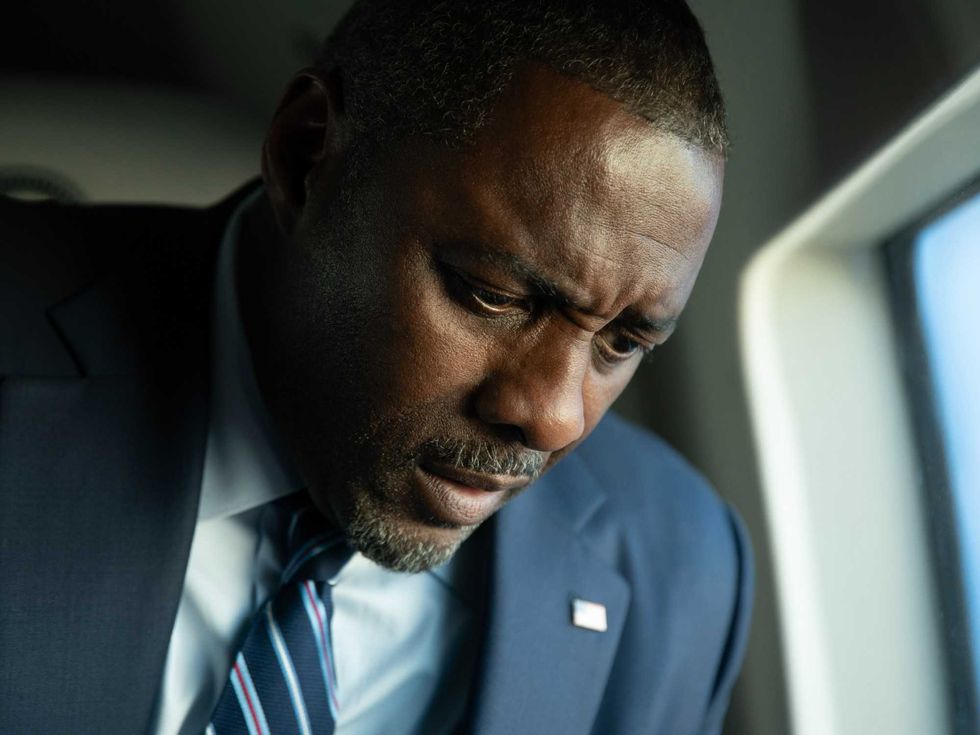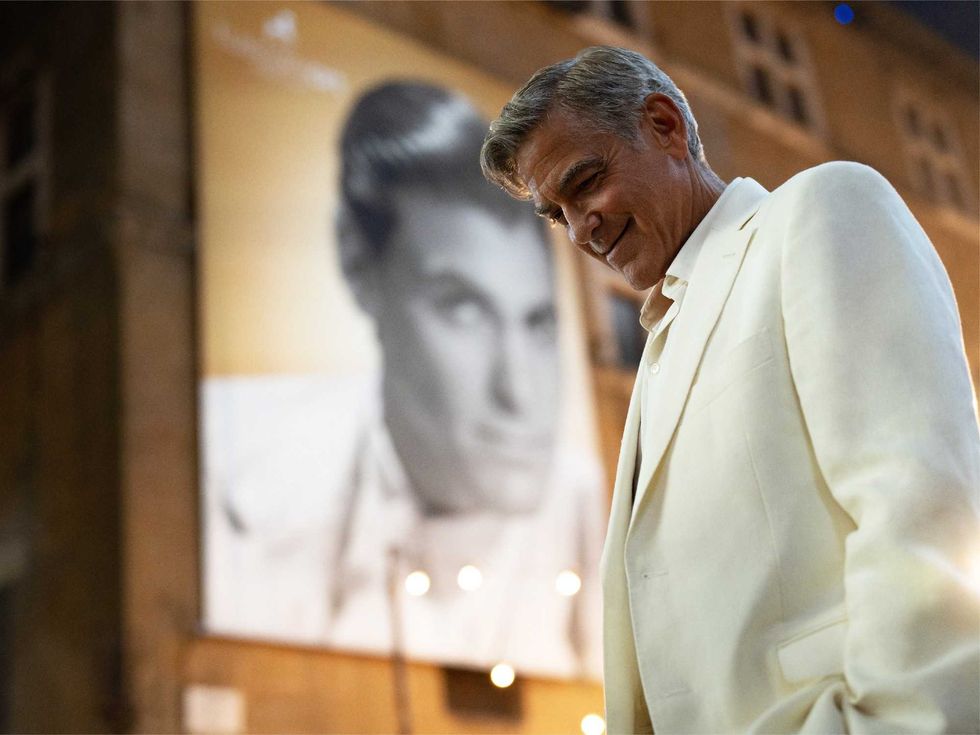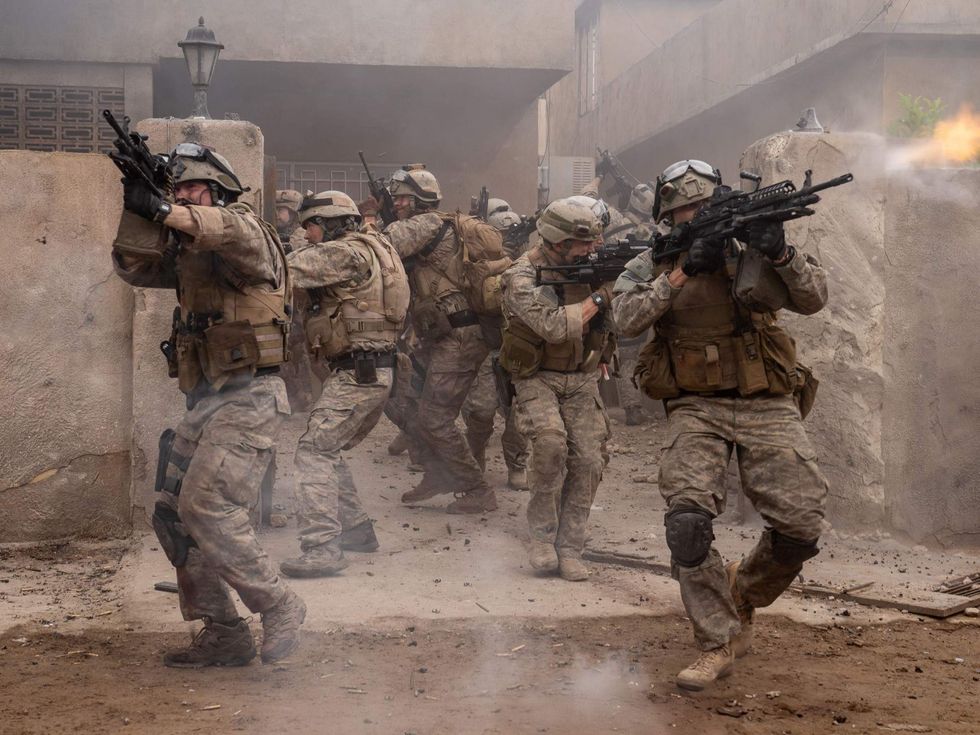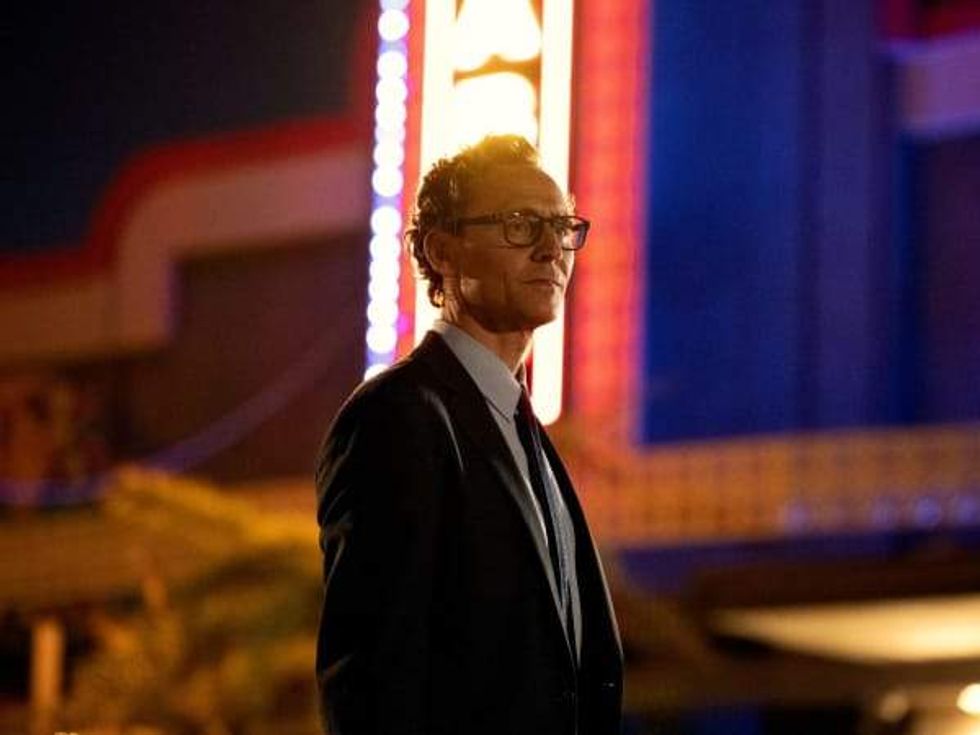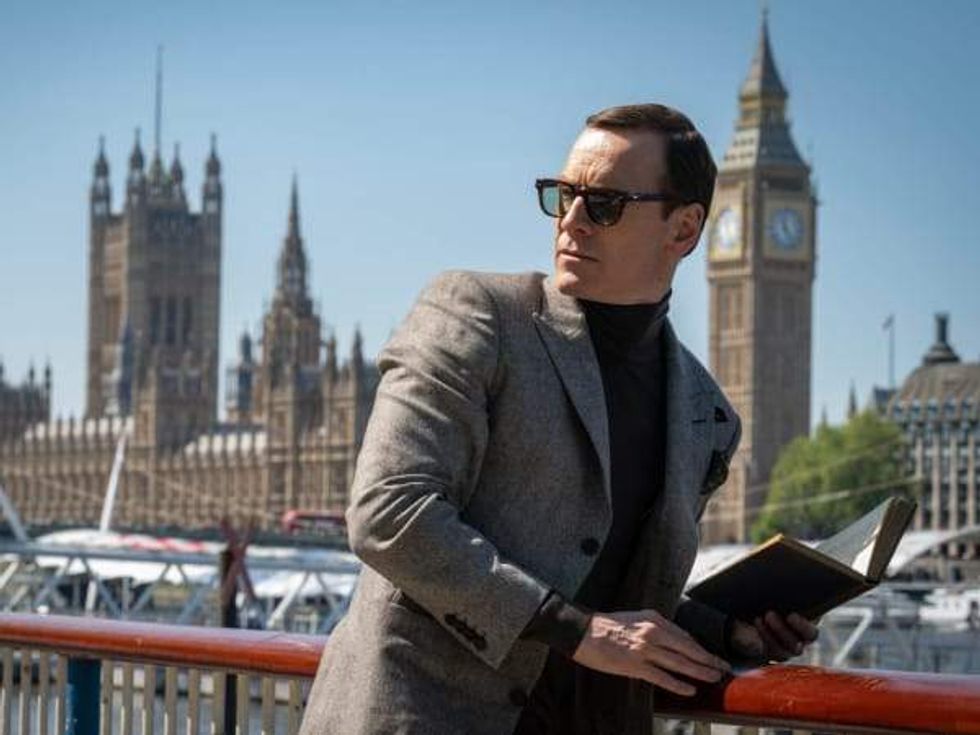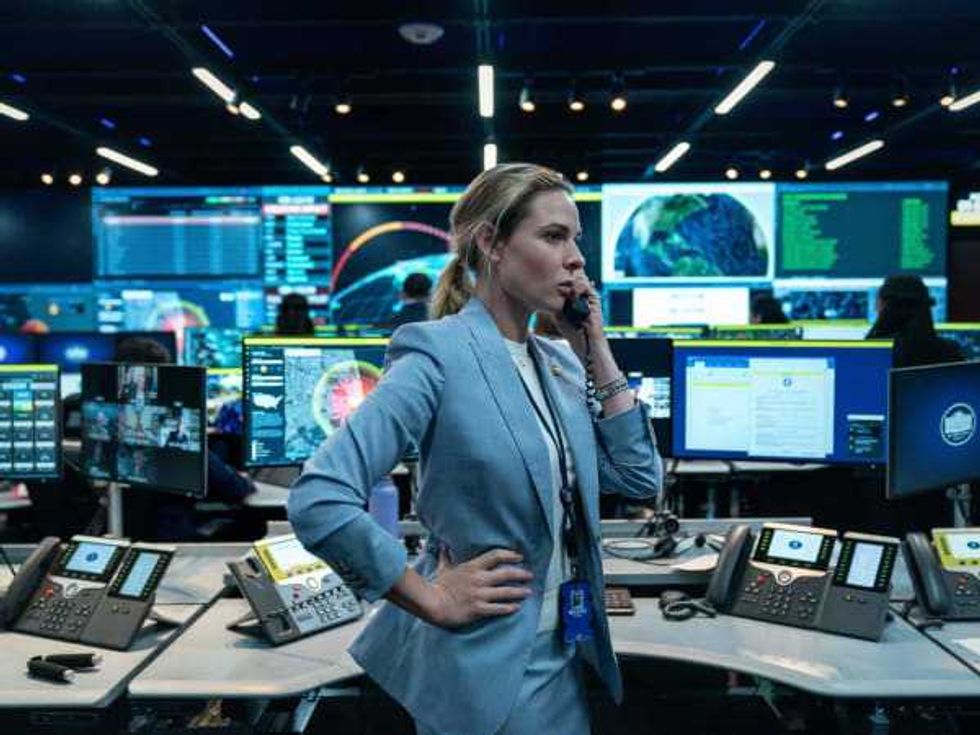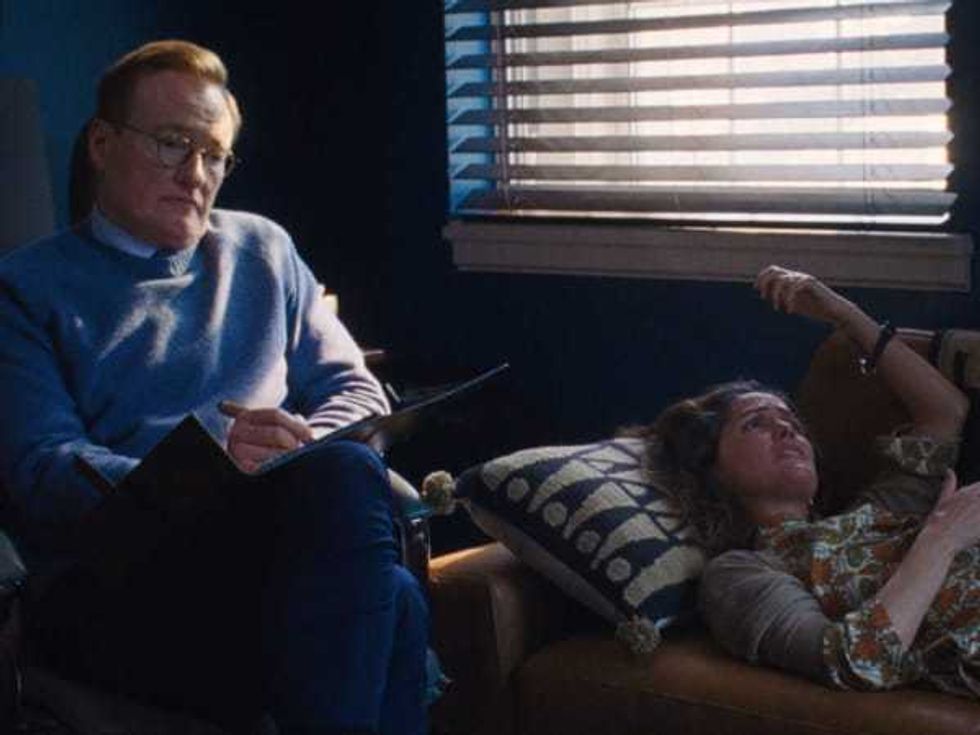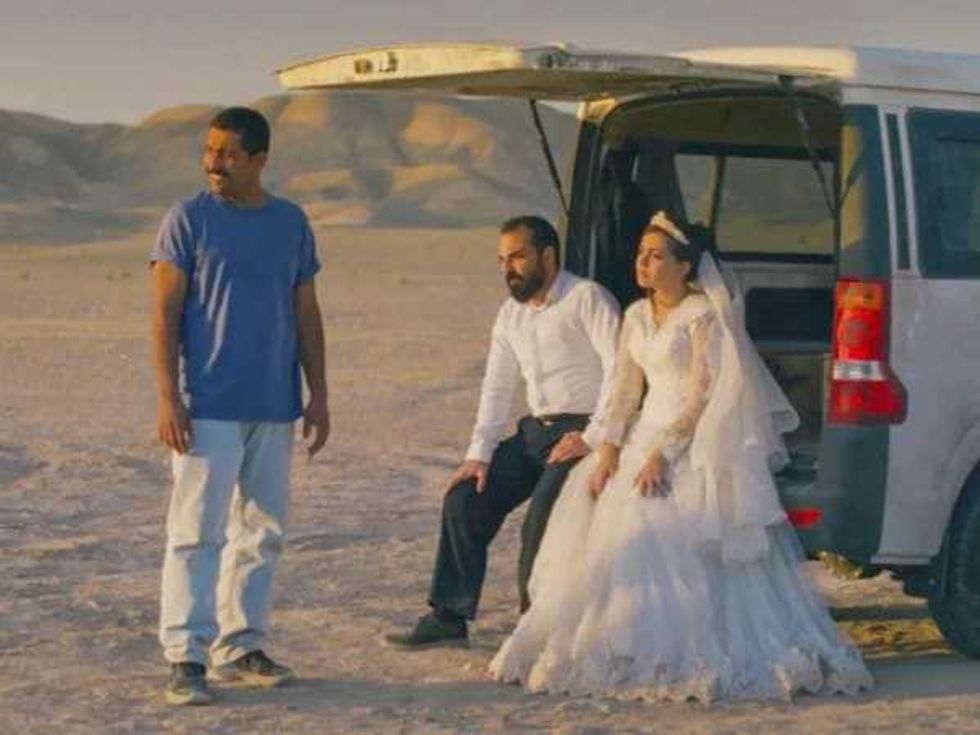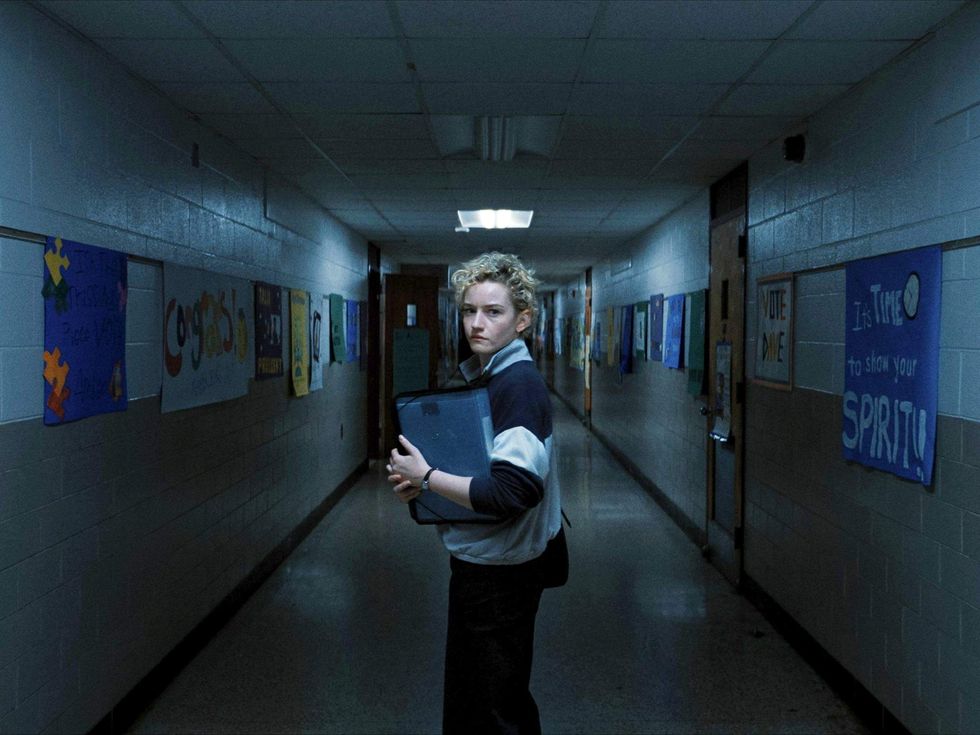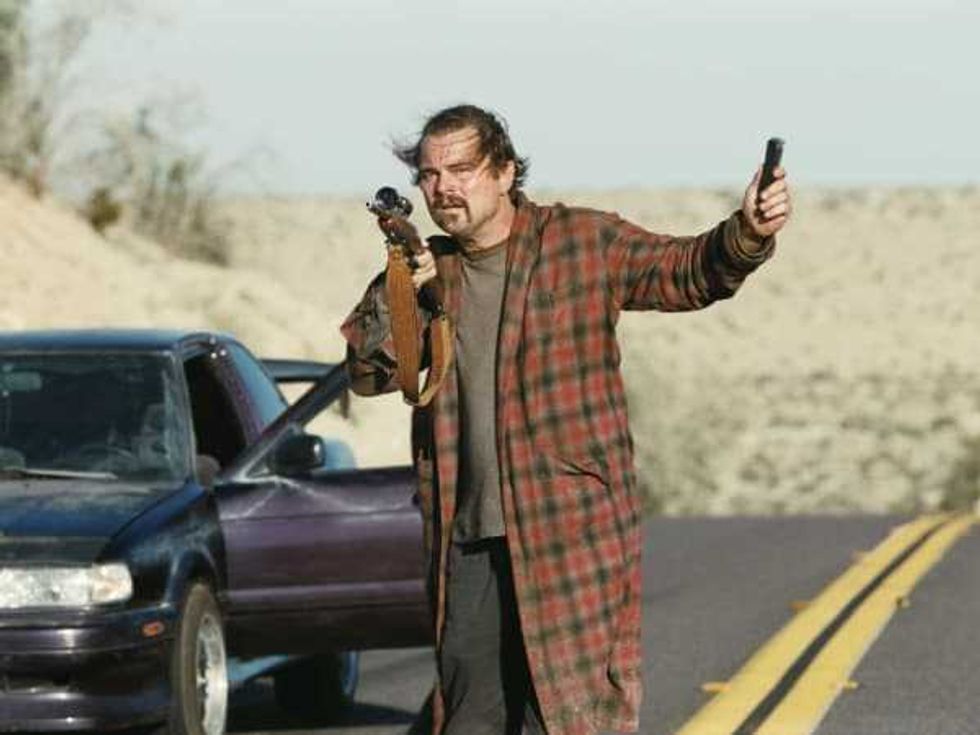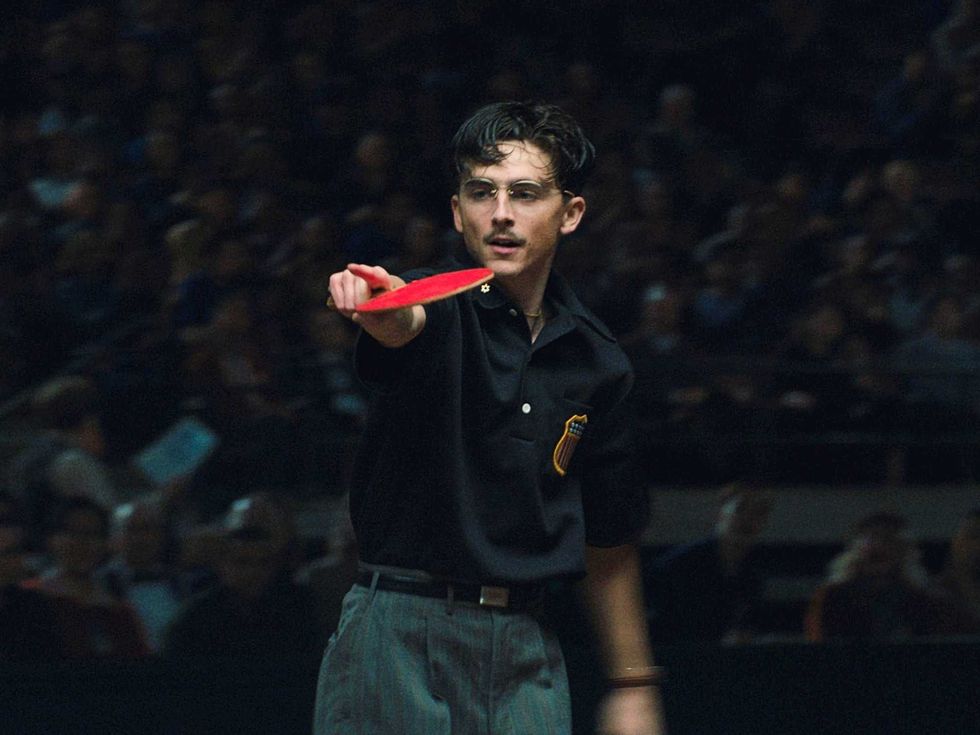Cinema Arts Festival 2010
Isabella Rossellini channels Hitchcock, Fellini, her parents & a horny houseflyat Cinema Fest
And now for something completely different: Isabella Rossellini as Alfred Hitchcock.
And Federico Fellini.
And David O. Selznick.
And a sexually profligate housefly.
And best of all, Isabella Rossellini as her very own parents: Oscar-winning screen icon Ingrid Bergman and acclaimed Italian Neorealist filmmaker Roberto Rossellini.
Isaella Rossellini will be donning several guises, and discussing the many aspects of her life and career, while she appears Thursday and Friday in Houston on the occasion of her receiving the first Levantine Cinema Arts Award of the Cinema Arts Festival.
At 8 p.m. Thursday, she’ll be at the Rice Media Center – which her father helped establish while lecturing at Rice University in the early 1970s – to introduce a novel double bill: Journey to Italy, a brooding 1954 drama of marital discord starring her mother (and George Sanders) and directed by her father; and My Dad is 100 Years Old, Rossellini’s affectionately phantasmagorical tribute (directed by Guy Madden) to her father, in which she plays most of the roles (except the fornicating insect) mentioned above.
At 7:30 p.m. Friday, she’ll be at the Museum of Fine Arts, Houston, for "An Evening with Isabella Rossellini." The program will include an hour-long biographical portrait – My Wild Life, produced for the Sundance Channel – in which she discusses everything from growing up as the child of paparazzi-stalked celebrities to her salad days of working opposite Roberto Benigni as an Italian TV comedy show performer.
With remarkable candor, she also talks about her two marriages – to Martin Scorsese and male model Jonathan Wiedemann – as well as her long-time relationship with filmmaker David Lynch, her work with Lynch on the dark and twisted Blue Velvet (her breakthrough film as an actress), and the humiliation of being “fired” as the public face for Lancôme cosmetics for being “too old” (i.e., in her 40s) in 1996.
But wait, there’s more: My Wild Life also covers Rossellini’s own work as a filmmaker – specifically, her award-winning Sundance Channel series Green Porno and Seduce Me, in which she appears on camera while clad in appropriate attire to perform the seductive and reproductive practices of fish and insects. (Yes, you guessed it: That’s where she plays the horny housefly.)
During the MFAH program, Rossellini will introduce a sampling of her favorite two-minute shorts from the Sundance series – and a rare screening of Underwater Fantasy (1938), Roberto Rossellini’s sophomore directorial effort, a 10-minute short featuring undersea creatures filmed through an aquarium.
This won’t be the first time Isabella Rossellini has paid tribute to her dad in H'Town. In October 1987, she appeared at the Rice Media Center to kick off a Roberto Rossellini retrospective that admiringly acknowledged her father’s role as the father of Neorealistic film.
The elder Rossellini — who died in 1977, five years before the passing of Ingrid Bergman — astonished the post-WWII world with Open City (1945), a harsh, documentary-style drama of resistance struggle during the Nazi occupation of Rome. Begun while German forces still patrolled the city, shot with raw film stock purchased from street photographers, and performed by a cast of experienced professionals and persuasive amateurs, Open City had the urgent immediacy of a frontline dispatch. Despite its frankly melodramatic plot, it resounded with the solid ring of found truth, and proved to be a major turning point in the development of cinema.
Seeking to capture ''the essence of realism,'' Rossellini went outside the studio to film Open City on real locations: the cluttered streets, the bombed-out buildings, the cramped apartments of friends and co-stars. Encouraged by the results of this audacious artistic experiment, he took the same Neorealistic approach to the other chapters in his so-called ''War Trilogy'' — Paisan (1946), an anecdotal drama about the arrival of Allied forces; and Germany, Year Zero (1947), the harrowing story of a student who exterminates his ''inferior'' father.
''It was the first time the story of the war was told the way people lived the war,'' Isabella Rossellini told me in a 1987 interview. ''Until then, pictures about the war were always conceived in patriotic terms — in terms of the army, kind of. What was never shown was a person who was not a soldier, who was staying home and struggling to get the food for his children. What was the war for people like them? That's what was so impressive.
''And the fact that the films were shot so realistically also was another thing. There wasn't any money, so the films were short, they looked like home-made movies.''
These were other Neorealistic efforts — most notably, Vittorio de Sica's Shoeshine and The Bicycle Thief — but Rossellini's ''War Trilogy'' had, and continues to have, the greatest influence on other filmmakers. Francois
Truffaut, John Cassavetes, Jean-Luc Godard (who appears in My Wild Life) and yes, Martin Scorsese are just a few of the directors who have acknowledged their status as children of the father of Neorealism.
“My father was more of an influential director than a popular director,” Isabella Rossellini admits in My Wild Life. But even after the first flush Neorealist films, he continued to strive for the same degree of verisimilitude in documentaries, historical dramas, and so-called “didactical films.” Indeed, during the final years of his life, he worked with Rice University faculty on a film for television titled Science.
In My Dad is 100 Years Old, Isabella Rossellini appears as various notables — and provides a voice for her father — during a passionate debate over film aesthetics. Roberto Rossellini comes across in the film as a demanding purist who placed his greatest demands on himself. And that, obviously, is how he’s viewed by his loving daughter.
''I don't think an artist chooses his style,'' Isabella Rossellini told me in 1987. ''He just does his work, and then the critics come along and say what his style is. In father's case, he didn't sit down and say, 'I'm now going to make a Neorealistic film.' He just wanted to make a film.
''It was more the original concept that interested him, not the execution and the style. He really didn't care about that one bit.
''He was just so careful not to seduce with the editing, or any interesting shot, or any stylized thing. Because, like I say, the big emphasis for him was the concept. And the concept was very simple. It was knowledge, it was understanding science, understanding history. Or understanding that, if there is a war, what happens to the person next door, more than the soldier and the general and the president.
''But in order never to feel tempted to do a stylized thing, he needed to always keep very clear what the strong concept behind the film was. He used to say that if a shot turned out to be seductive, he would cut it out of the film. It anything turned out stylistically too good, he would cut it out, because he was so afraid of seducing the audience.
''And I think a lot of artists, they work the other way around. They're trying to make a film that maybe has less of a strong philosophical concept. And it's all style. And you just go into this movie, and for two hours, it's like a piece of music, you're taken into it. And then it's over, and you say, ‘Wow, that was a great ride.'
''But father — that wasn't his concern.''

